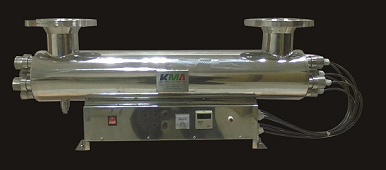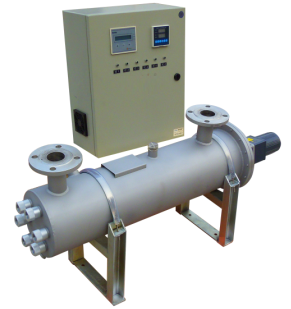Description
1.High germicidal efficiency
2.No secondary pollution
3.Reasonable price
4.high quality
5.Few maintenance

Description
1.High germicidal efficiency
2.No secondary pollution
3.Reasonable price
4.high quality
5.Few maintenance
Application
1. Agricultural water disinfection
2. Electronic industry.
3. Hospitals, various laboratory and high levels of pathogenic body water disinfection.
4. Households building, residential, office buildings, hotels, restaurants, water factories.
5. Purification and disinfection of shellfish, fish cleaning and disinfection
6. Military camp, field water supply system
7. Urban wastewater disinfection.
8. Swimming pool, other recreational water disinfection
9. Thermal power, nuclear power plant industrial, central air conditioning system cooling water.
10. Biological, chemical and pharmaceutical, cosmetics for the production of cooling water.
11. Sea water, fresh water breeding, aquaculture water
12. Food processing industry, juices, milk, drinks, beer, practical oil, and canned food, etc.


UV specification
Ultraviolet light treatment is a widely recognized and proven method of disinfection of water and has several advantages over other disinfection methods such as chlorination, ozonation, etc. UV light does not add anything to the water, such as, undesirable color, odor, taste, or flavor, nor does it generate harmful byproducts. It adds only energy in the UV radiation. Also, UV disinfection requires only a fraction of the contact times required by other disinfection methods. It is fast, efficient, effective, economical and environmentally-friendly.
Principle of Operation
UV water disinfection system design has been carefully conceived to provide adequate germicidal dosage throughout the disinfection chamber. The dosage, as it applies to UV disinfection, is a function of time and the intensity of UV radiation to which the water is exposed. Exposure time is related to the flow rate, the higher the flow rate, the lower the exposure time or the lower the flow rate, the higher the exposure time. The UV intensity is the amount of energy, per unit time, emitted by germicidal lamp. The Dosage is the product of UV intensity and the exposure time.
Limitation of Use
The UV water disinfection system NOT intended for the treatment of water that has an obvious contamination or intentional source, such as raw sewage, nor is the unit intended to convert wastewater to microbiologically safe drinking water.

Water Quality (in)
Water quality plays a major role in the transmission of germicidal UV rays. It is recommended that the water does not exceed following maximum concentration levels
Maximum Concentration Levels – Important

Effectively treating water with higher concentration levels than listed above can be accomplished, but may require added measures to improve water quality to treatable levels. If, for any reason, it is believed the UV transmission is not satisfactory, contact with us.
UV wavelength (nm)
Bacterial cells will die in the UVC (200-280 mm) irradiation. 253.7 nm spectral line of low pressure mercury lamp has high bactericidal effect and concentrates more than 90% output energy of low-pressure mercury UV lamp.

UV Dose
The units generate a UV dosage of at least 30,000 microwatt-seconds per square centimeter (μW-s/cm2), even at the end-of lamp life (EOL), which is more than sufficient to destroy most waterborne microorganisms, such as bacteria, yeasts, algae etc.

DOSAGE is the product of intensity & time
dosage=intensity*time=micro watt/cm2*time=microwatt-seconds per square centimeter
(μW-s/cm2)
Note:1000μW-s/cm2=1mj/cm2(milli-joule/cm2)
As a general guideline, the following are some typical UV transmission rates (UVT)

Model
Standard UV, Manual Cleaning UV, Electric Cleaning UV

For more model and flow rates, please contact us.